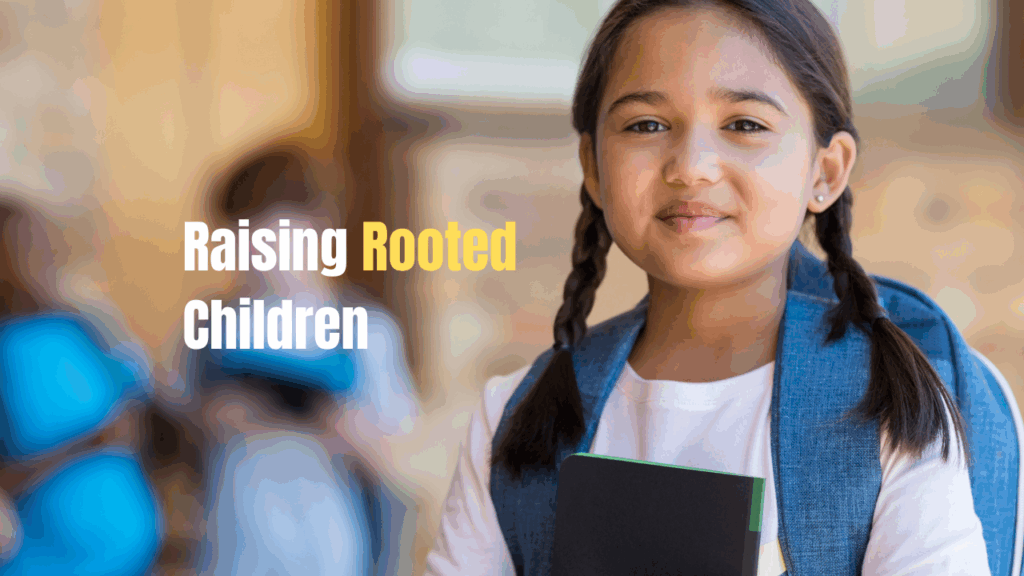World Schooling: How Travel-Based Learning Builds Global Citizens
The world is our classroom. There is a lot to learn by travelling. World schooling is an educational movement that recognises that a student can receive greater education by interacting with the world around them. The core philosophy of world schooling is simple yet powerful. It says that education doesn’t have to be confined to four walls.
World schooling shapes a child’s perspective on cultures, diversity and real-world experiences. Ritika Gupta, CEO of Aaera Consultants explains that “World schooling offers children an unparalleled opportunity to develop a truly global mindset. Students can immerse themselves in different cultures, traditions and languages. They gain a deep understanding of diversity beyond what is taught in textbooks.”
First-hand exposure to different ways of life fosters adaptability, open-mindedness, and cross-cultural communication skills. These qualities are utmost essential in today’s interconnected world. Instead of just reading about history or geography, children experience it firsthand, making learning more engaging and meaningful.” She further adds.
Benefits of Learning Through Travel
Mamta Jani, Founder, On Track Education also gives an insight about how world schooling shapes a child’s perspective on cultures. She says that “World schooling lets kids experience different cultures. They get to live out various traditions, languages and ways of life. Kids interact with local people, visit historic sites and face real-life situations. As a result, kids develop a worldwide perspective. They learn to think and become more aware.”
World schooling is so advanced and worth it! This kind of exposure makes students open-minded and adaptable. These skills make them more understanding and better prepared for life in our connected world. Students not just absorb information but also develop life skills and emotional intelligence that prepare them for an interconnected world.
Challenges That Come With World Schooling
But things with world schooling isn’t too easy as it looks. There are a few challenges with a travel-based education. Ms. Gupta underscores the key limitations and hurdles it brings along. She notes that, “Socialization can be an issue as children may not always have a stable social group. There are logistical challenges, such as – reconciling different curriculum, locating learning resources and establishing discipline in learning.”
Infact, Ms. Jani also supports this point saying, “Academic continuity between various curriculums can be challenging, particularly if the child switch back into a traditional school system. Socialization can also be an issue, as continuous relocation means fewer long-term friendships. Stability and routine can also be lost, impacting on some children’s learning style and emotional stability.”
That’s true. The differences in time zones for online education, and legal regulations for homeschooling around the globe can contribute to complexity for parents. Though world schooling provides stimulating experiences, there are challenges that come with it. Socialisation can also be an issue, as continuous relocation means fewer long-term friendships. Stability and routine can also be lost, impacting on some children’s learning style and emotional stability.
Striking the Right Balance: Tips for Parents
But worry not! The secret to successful world schooling is discovering how to strike the right balance between flexibility and structure. Ms. Gupta mentions that “Parents can ensure a structured learning experience while embracing the flexibility of world schooling. Parents can use online learning platforms, put their children in hybrid educational programs and create curriculum catered to their children’s interests and intended future. They can also engage them with local educators and join global learning communities which will help them to retain academic discipline.”
Ms. Jani also shares practical points about maintaining a balance. She recommends about setting goals, sticking to a schedule and keeping track of progress in folders or on websites can help monitor a kid’s growth. You can get the children involved in neighbourhood workshops, programs that bring different cultures together and local community events can also boost their learning and social skills.
World Schooling – The Future of Education
World schooling opens doors to a richer, more immersive learning journey beyond traditional classrooms. Children can thrive academically and emotionally. Ultimately, world schooling shapes global citizens ready for the future.
So, all the parents out there – if you’re seeking an education that nurtures curiosity, adaptability, and a global mindset, world schooling might just be the path worth exploring. Let the world be your child’s greatest teacher!



